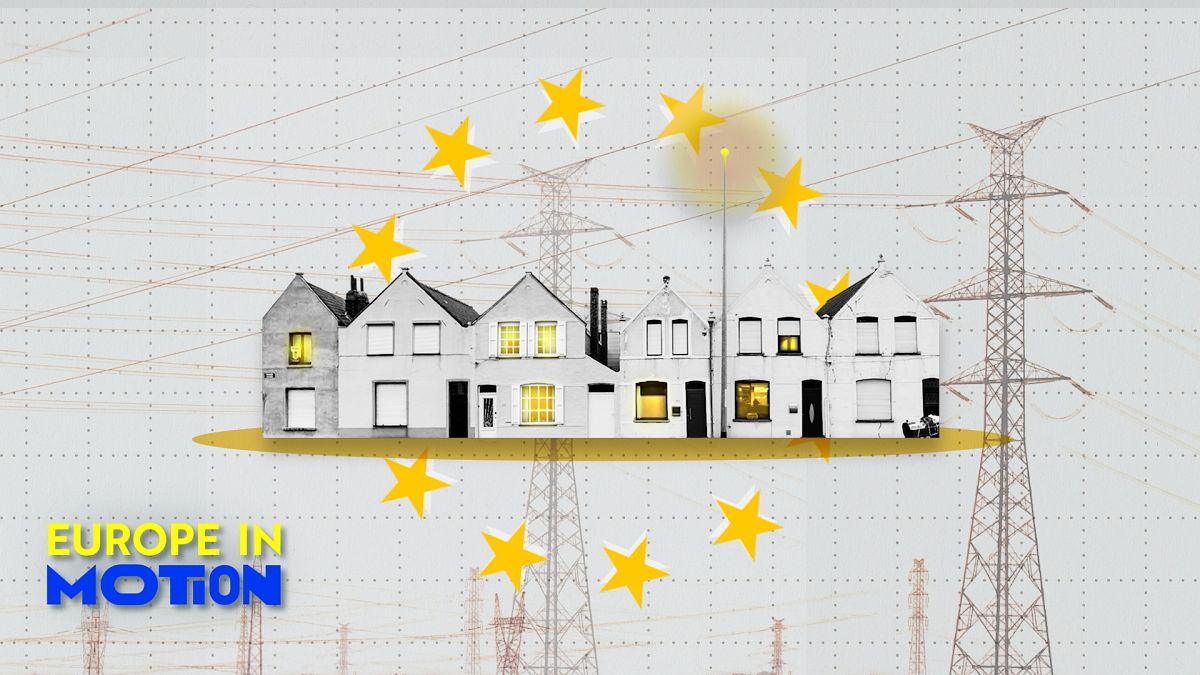In the European Union, more than 25% of the population has seen improvements in energy efficiency in their homes over the past five years. However, not everyone is benefitting equally from these improvements. According to Eurostat data, people at risk of poverty or social exclusion are less likely to experience these upgrades compared to those who are not at risk. In fact, only 17.8% of people living in poverty reported living in houses with improved energy efficiency. The countries leading in energy efficiency improvements for vulnerable populations include Estonia, the Netherlands, and Lithuania, while Cyprus, Malta, and Italy have the lowest rates of improvement.
One of the key ways to enhance energy performance in homes is by upgrading thermal insulation in external walls, roofs, and floors. Additionally, replacing single-glazed windows with double or triple-glazed units and installing more efficient heating systems can also significantly improve energy efficiency in European homes. According to the Spanish multinational electric utility company Iberdrola, household appliances such as refrigerators, televisions, and washing machines are among the top energy consumers in homes. By making these simple upgrades and changes, households can not only reduce their energy consumption but also save on energy bills in the long run.
It is important to address the issue of unequal access to energy efficiency improvements among vulnerable populations within the EU. While some countries are leading the way in ensuring that all citizens have access to energy-efficient homes, others are lagging behind. By investing in upgrades such as thermal insulation and more efficient heating systems, governments can help bridge this gap and ensure that everyone benefits from improved energy efficiency. Additionally, initiatives and programs aimed at supporting vulnerable populations in making these upgrades can also help address this issue.
In order to achieve greater energy efficiency in European homes, it is crucial for individuals and households to take proactive steps towards improving energy performance. This can include simple changes such as upgrading appliances to more energy-efficient models, as well as larger investments like upgrading insulation and heating systems. By making these changes, households can not only reduce their carbon footprint but also save on energy costs in the long run. Encouraging individuals to make these changes through education and awareness campaigns can help drive a culture of energy efficiency within the EU.
The issue of energy efficiency is not only important for individual households but also has wider implications for environmental sustainability and climate change. By reducing energy consumption in homes, the EU can make significant strides towards meeting its climate goals and reducing its overall carbon footprint. Investing in energy efficiency improvements now can help ensure a more sustainable future for all EU citizens. Additionally, by addressing the issue of unequal access to energy efficiency upgrades among vulnerable populations, the EU can work towards a more equitable and fair society for all.
In conclusion, while progress has been made in improving energy efficiency in European homes, there is still much work to be done to ensure equal access to these improvements for all citizens. By investing in upgrades such as insulation and more efficient heating systems, governments can help bridge the gap between those who have access to energy-efficient homes and those who do not. Encouraging individuals to make changes to improve energy performance in their own homes can also help drive a culture of energy efficiency within the EU. Ultimately, addressing the issue of energy efficiency is crucial for environmental sustainability, climate change mitigation, and creating a more equitable society for all EU citizens.











